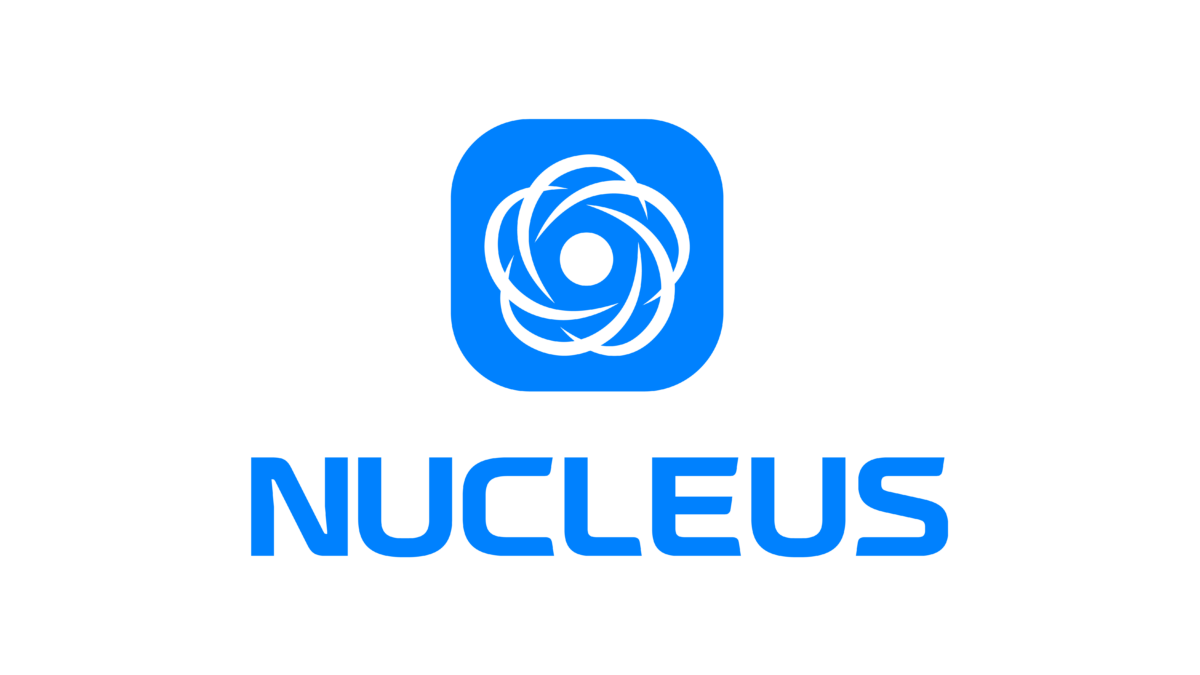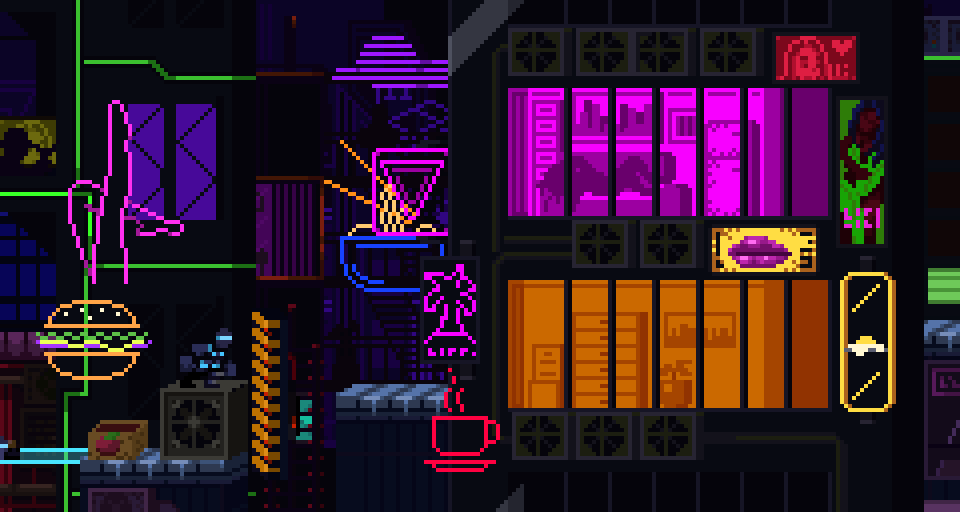It’s been 9 years since I first stepped into the world of video game development. For me, getting
into game dev was an unexpected detour from a career in finance and leadership as an executive
director at a long-standing family office. That first game I developed back in late 2015 was such a
transformative experience. I remember not wanting to do anything else. But it wasn’t just that
initial excitement. I found myself in a flow state while designing, as if ideas and implementation
came naturally. I wondered how that was possible given that I had no prior experience in
programming or game development.
The answer, as it turns out, was simple.
I was fortunate to grow up immersed in video games. My family’s business was, among other
things, the agent for Commodore, so my first console was the Commodore 64. My favourite
games were Bruce Lee, from which I gained my love for martial arts and for Bruce himself; Rambo
II, the start of my admiration for Sly Stallone and the concept of “Badassery”; and California
Games, where I was unbeatable at footbag (hacky sack), even against much older players. In a
way, video games shaped the person I became and helped me discover things I love in life.
Then, into my teenage years, apart from playing basketball, I spent most of my time playing video
games. I still vividly remember Thursdays at my house—our version of Saturday in Saudi Arabia
back then. My friends would come over, and we’d switch between playing basketball and going
back to our “computer room” to play video games. When we weren’t shooting hoops, we were
shooting each other in Goldeneye on the N64. I’ve played about 80% of the games released on
every major console until the mid-90s. Then the PlayStation came out, and video games just
evolved. The storylines, the characters, the graphics—all got better and better (Not the music
though, nothing beats the old-school tunes).
Looking back at it now, it seems that being immersed in those different worlds gave me a breadth
of hidden knowledge that I could draw from to come up with designs that felt fun. It was like all
those years of playing instilled a subconscious understanding of game design. Fast forward to
today and 15 developed games later. The discipline starts to sharpen, the experience starts to
accumulate, and the understanding game development and project management gains a holistic
perspective. But the facts remain, I’m not a programmer, engineer, or artist.
There have been countless times when I’ve come up with a game design I was itching to develop
immediately and bring to life. But putting a team together, managing the budget and scope, and
hoping everything comes together efficiently can get quite frustrating. Often, that initial
enthusiasm fades behind development hiccups, miscommunications, and delays. I found myself
wishing for my own version of J.A.R.V.I.S—an AI that could help me put together a game just by
having a conversation.
That's where Nucleus comes in (J.A.R.V.I.S was taken)
Nucleus was born out of a desire to break down barriers faced by people like me who just want
to focus on creativity, not get bogged down by the complex technical aspects of game
development. Too often, great ideas are lost because the tools are either too difficult for
beginners or too expensive to build. Our goal with Nucleus is to democratize game
development, empowering people who might not have coding skills but have brilliant stories,
ideas, or lessons to share.
During the first half of the year, I spent time designing a system that would use generative AI to
handle most of the programming work. I wanted to build a tool that would help developers put
together a game they could test, ship, and, most importantly, iterate on in real-time—just by
having a conversation. No more waiting days for developers to make changes, fix bugs, or see how
something feels.
The journey to get here wasn’t easy. I’ve been told by experts that what I was asking for couldn’t
be done in less than 2-3 years and that bigger companies with larger budgets and teams were
already working on it (another David vs. Goliath moment, but I’m not viewing this as a battle just
yet). Challenge accepted.
In the process of searching for someone who can help bring this vision to life, I stumbled upon my
technical co-founder and, in less than a month, we had Nucleus V1. While still with its limitations,
it can build a simple escape room from an empty scene, as well as help experienced
programmers do some complicated level design using mostly prompts.
With Nucleus, we’re giving developers a tool that not only suggests ideas but also optimizes their
games, helping them debug and streamline without having to manually sift through code. Imagine
having a co-pilot that understands your vision and makes sure every asset and mechanic you
place fits that vision perfectly
So, who benefits from Nucleus?
Aspiring developers get to jump right into the creative process without worrying about complex
technical hurdles. They can start building from day one, learning along the way, with the support
of an AI that helps them refine and polish their ideas.
Educators can use Nucleus to create interactive learning experiences that students love. Instead
of being confined to traditional lesson plans, they can build custom games that teach in ways
students truly connect with
Experienced developers will appreciate how Nucleus streamlines repetitive tasks, allowing
them to focus on what matters
At its heart, Nucleus is about giving more people the tools they need to make a difference with
their games. We’re excited to see how creators from all backgrounds will use it to build games
that entertain, educate, and inspire
We still have a lot to do. We need to get more feedback, study the pain points of users, and finetune our system. But this is just the beginning. I’m sure other no code AI game engines will
emerge, but we’ll stay true to our mission.
At Nuat, we believe in the power of 'Doing Good with Games.' Our mission is to create games
that aren't just fun but leave a lasting positive impact, whether it's raising awareness around
mental wellness, spreading happiness, or educating in an immersive way. Nucleus is a step to
making this a reality


